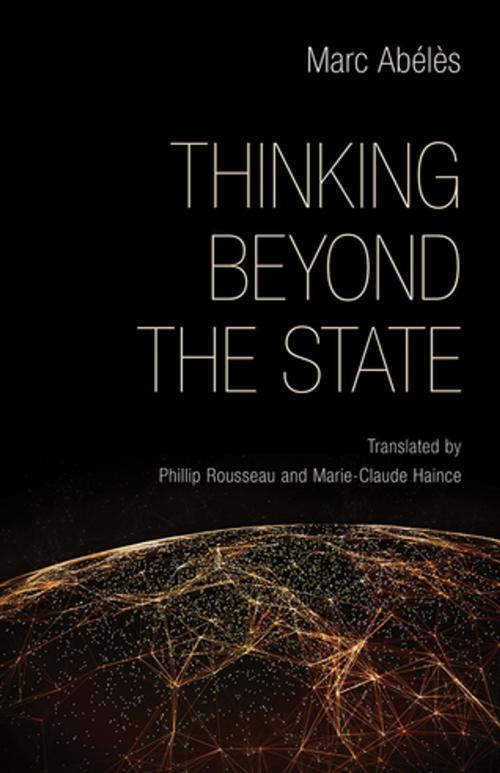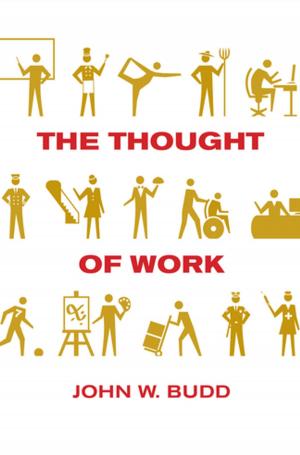Thinking beyond the State
Nonfiction, Religion & Spirituality, Philosophy, Political, Social & Cultural Studies, Social Science, Anthropology| Author: | Marc Abélès | ISBN: | 9781501712005 |
| Publisher: | Cornell University Press | Publication: | November 15, 2017 |
| Imprint: | Cornell University Press | Language: | English |
| Author: | Marc Abélès |
| ISBN: | 9781501712005 |
| Publisher: | Cornell University Press |
| Publication: | November 15, 2017 |
| Imprint: | Cornell University Press |
| Language: | English |
The French scholar Marc Abélès is one of the leading political and philosophical anthropologists of our time. He is perhaps the leading anthropologist writing on the state and globalization. Thinking beyond the State, a distillation of his work to date, is a superb introduction to his contributions to both anthropology and political philosophy.
Abélès observes that while interdependence and interconnection have become characteristic features of our globalized era, there is no indication that a concomitant evolution in thinking about political systems has occurred. The state remains the shield—for both the Right and the Left—against the turbulent effects of globalization. According to Abélès, we live in a geopolitical universe that, in many respects, reproduces alienating logics. His book, therefore, is a primer on how to see beyond the state. It is also a testament to anthropology’s centrality and importance in any analysis of the global human predicament. Thinking beyond the State will find wide application in anthropology, political science and philosophy courses dealing with the state and globalization.
The French scholar Marc Abélès is one of the leading political and philosophical anthropologists of our time. He is perhaps the leading anthropologist writing on the state and globalization. Thinking beyond the State, a distillation of his work to date, is a superb introduction to his contributions to both anthropology and political philosophy.
Abélès observes that while interdependence and interconnection have become characteristic features of our globalized era, there is no indication that a concomitant evolution in thinking about political systems has occurred. The state remains the shield—for both the Right and the Left—against the turbulent effects of globalization. According to Abélès, we live in a geopolitical universe that, in many respects, reproduces alienating logics. His book, therefore, is a primer on how to see beyond the state. It is also a testament to anthropology’s centrality and importance in any analysis of the global human predicament. Thinking beyond the State will find wide application in anthropology, political science and philosophy courses dealing with the state and globalization.















